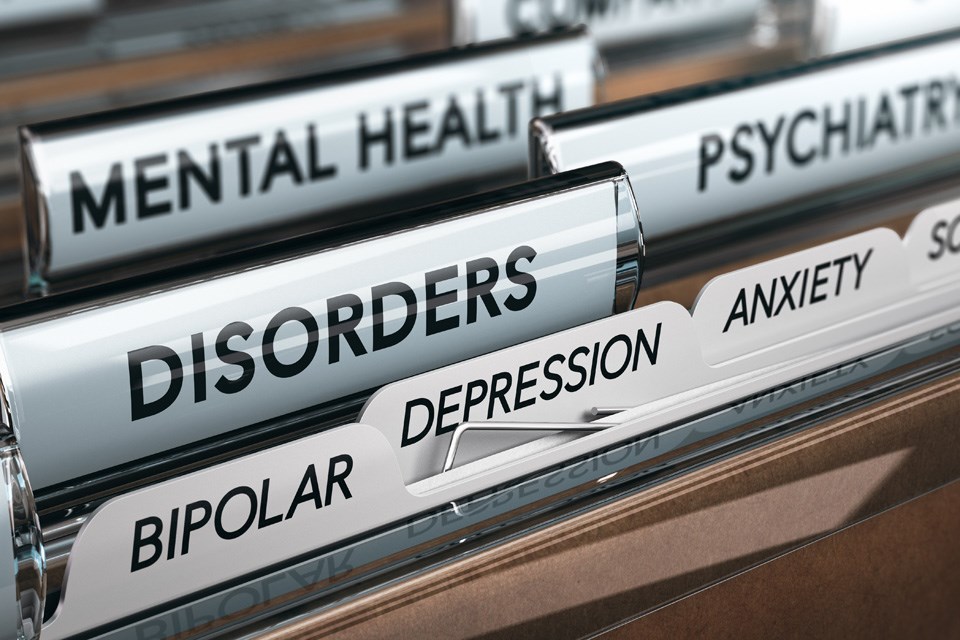According to the National Alliance on Mental Illness, one in five adults in the United States experiences mental illness each year. In addition, the Canadian Mental Health Association reports one in five Canadians will experience a mental health problem or illness in any given year. Such data indicates that mental health issues do not discriminate. Indeed, anyone, regardless of who they are or where they live, can experience a mental health problem or illness.
The NAMI notes that mental health conditions are not the result of a single event. Researchers have linked mental health conditions to genetics, environment and lifestyle. Mental health conditions also can be as different as the people who experience them, which is why it can benefit anyone to learn about some notable disorders and how to spot them.
Anxiety disorders
The NAMI reports that anxiety disorders are the most common mental health concern in the U.S., affecting more than 40 million adults across the country. Though there are various types of anxiety disorders, they all share on unique characteristic: a persistent and excessive fear or worry in nonthreatening situations. Emotional symptoms of anxiety disorder include feelings of apprehension or dread; feeling tense or jumpy, restlessness or irritability; and anticipating the worst and looking out for signs of danger. Physical symptoms may include a pounding or racing heart and shortness of breath; sweating, tremors and twitches; headaches, fatigue and insomnia; and upset stomach, frequent urination or diarrhea.
Bipolar disorder
Bipolar disorder produces dramatic shifts in a person’s mood, energy and ability to think clearly. Bipolar disorders causes extremely high (mania) and low (depression) moods. The NAMI reports that 83 percent of bipolar disorder cases are classified as severe. During an episode of mania, a person may rapidly become more irritable and their behavior more unpredictable. As a result, their judgment is impaired, which can contribute to impulsive, reckless decision-making. During a depressive episode, people may have difficulty falling and staying asleep, though some may sleep much more than is usual. The NAMI also notes that even minor decisions like what to eat for dinner can seem overwhelming during a depressive episode.
Posttraumatic stress disorder (PTSD)
PTSD affects about nine million people in the U.S., while Statistics Canada reports roughly 10 percent of women and 6 percent of men meet the criteria for PTSD in Canada. Traumatic events like accidents, assaults or serving in combat can create short- or long-term responses, and in the latter instance individuals may be diagnosed with PTSD. Symptoms of PTSD are wide-ranging, but the NAMI notes they are typically classified in these categories:
- Re-experiencing type symptoms: These may be marked by recurring, involuntary and intrusive distressing memories, which can include flashbacks and bad dreams.
- Avoidance: Individuals with PTSD may find themselves avoiding places or objects that remind them of the traumatic event.
- Cognitive and mood symptoms: Trouble recalling the event, negative thoughts about oneself, guilt, a feeling of numbness, and worry are some examples of symptoms in this category.
- Arousal symptoms: Hypervigilance that can cause individuals to be intensely startled by stimuli that resembles the trauma is an example of an arousal symptom.
No one is immune to mental health disorders. More information about these and other conditions is available at nami.org. Individuals who feel as though they are experiencing a mental health issue are urged to contact a physician immediately.
This Movember feature is brought to you by Great West Media Content Studio and in part by the Sponsors on this page. It is not written by and does not necessarily reflect the views of the editorial staff.



